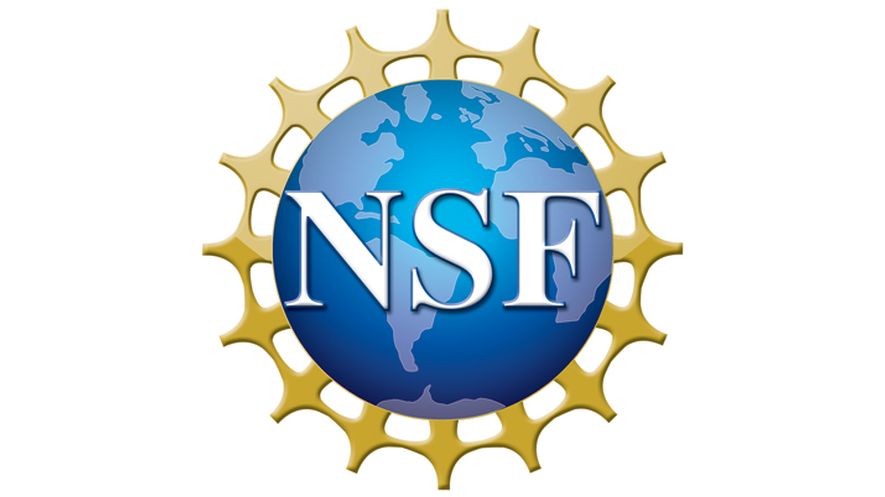Proposal Due: 11 January 2016
The National Science Foundation seeks proposals for improvements in facilities, communications, and equipment at biological Field Stations and Marine Laboratories (FSML).
Biological Field Stations and Marine Laboratories (FSMLs) are off-campus facilities for research and education conducted in the natural habitats of terrestrial, freshwater, and marine ecosystems. FSMLs support environmental and basic biological research and education by preserving access to study areas and organisms, by providing facilities and equipment in close proximity to those study areas, and by fostering an atmosphere of mutual scientific interest and collaboration in research and education. To fulfill these roles, FSMLs must offer modern research and educational facilities, equipment, communications and data management for a broad array of users. In recognition of the importance of FSMLs in modern biology, NSF invites proposals that address these general goals of FSML improvement.
II. PROGRAM DESCRIPTION
In recognition of the continuing need for modern facilities and equipment at FSMLs, the NSF invites proposals that address the general goal of FSML improvement. Requests must fall exclusively into one of two classes: Improvement or Planning. Improvement proposals should focus on well-defined projects of major equipment acquisition, data management and communication systems modernization, or physical plant improvement. Planning proposals are for strategic institutional planning for the long term research and education goals of the station. In addition to a clear description of the proposed improvement or planning project, proposals are expected to present a compelling justification based on demonstrated need for the project, and a realistic appraisal of its potential impact on biological and environmental research and education activities at the proposing facility.
Depending on the nature of the intended improvement, the proposal may need to address its potential for extensibility, portability, or interoperability as appropriate for enhancing the station's capacity to support larger scale or replicated biological research. Improvements that directly benefit multiple stations may also be proposed provided the PI consults with the program regarding eligibility in advance of submission.
Projects involving renovation, construction, or major fixed equipment installation may require completion of additional budget and project management documents, prior to award. These may include a Project Execution Plan (PEP) with additional details on scope of work, schedule, costs and management. In addition, the PI may be asked to complete additional budget forms and documentation of cost estimates. Such projects may also require additional information to assess compliance with any applicable laws such as the National Environmental Policy Act, National Historic Preservation Act, or Endangered Species Act. If review of this material indicates that the project execution is not adequately prepared or that the barriers to NEPA compliance are prohibitive, the program may elect to not proceed with an award. PIs are strongly encouraged to contact the program in advance if they are considering proposals that involve construction or renovation.
Planning proposals should address the need for comprehensive planning at the level of the whole facility (or a network of facilities) in support of its research and training mission. The effort should produce strategic plans for advancing research and education covering at least a five-year time frame. Planning proposals may address, but are not limited to, research/training program development, related facility needs appraisal activities, and research coordination at regional scales. Proposed activities will normally include workshops, conferences, and visits designed to involve broad participation of the scientific community from outside the proposing institution. Funds for architectural design or drawings are not supported as these activities are related to a specific improvement rather than strategic planning. Requests for support of planning efforts should not be combined with requests for support of equipment acquisition or other improvements. Award of a planning grant does not imply an NSF commitment for support beyond the planning period.
The FSML program encourages projects that will enable new and higher levels of collaboration in research and training. The program's emphasis on modernization of data management and communication systems is expected to foster opportunities for expanded spatial and temporal scales of research, and to facilitate substantive comparisons among biological entities in different biomes. Improvements which enable research at new temporal and spatial scales and lead to new collaborations among scientists across disciplines, and in different locations, are particularly encouraged.
The estimated number of awards is 20 to 25 and the anticipated funding amount is $4,200,000. Award sizes for planning grants are limited to $25,000. Support for vessels is typically limited to $150,000.
Proposals may only be submitted by universities and colleges and non-profit, non-academic organizations. Only one proposal may be submitted on behalf of any single facility per round of the FSML competition. This limitation does not prevent a single institution from submitting more than one proposal, as long as each proposal is submitted on behalf of a different eligible facility. This limitation is waived for one additional proposal in the event that a facility is also involved in a proposal that would improve multiple facilities.
For more information, click here.





